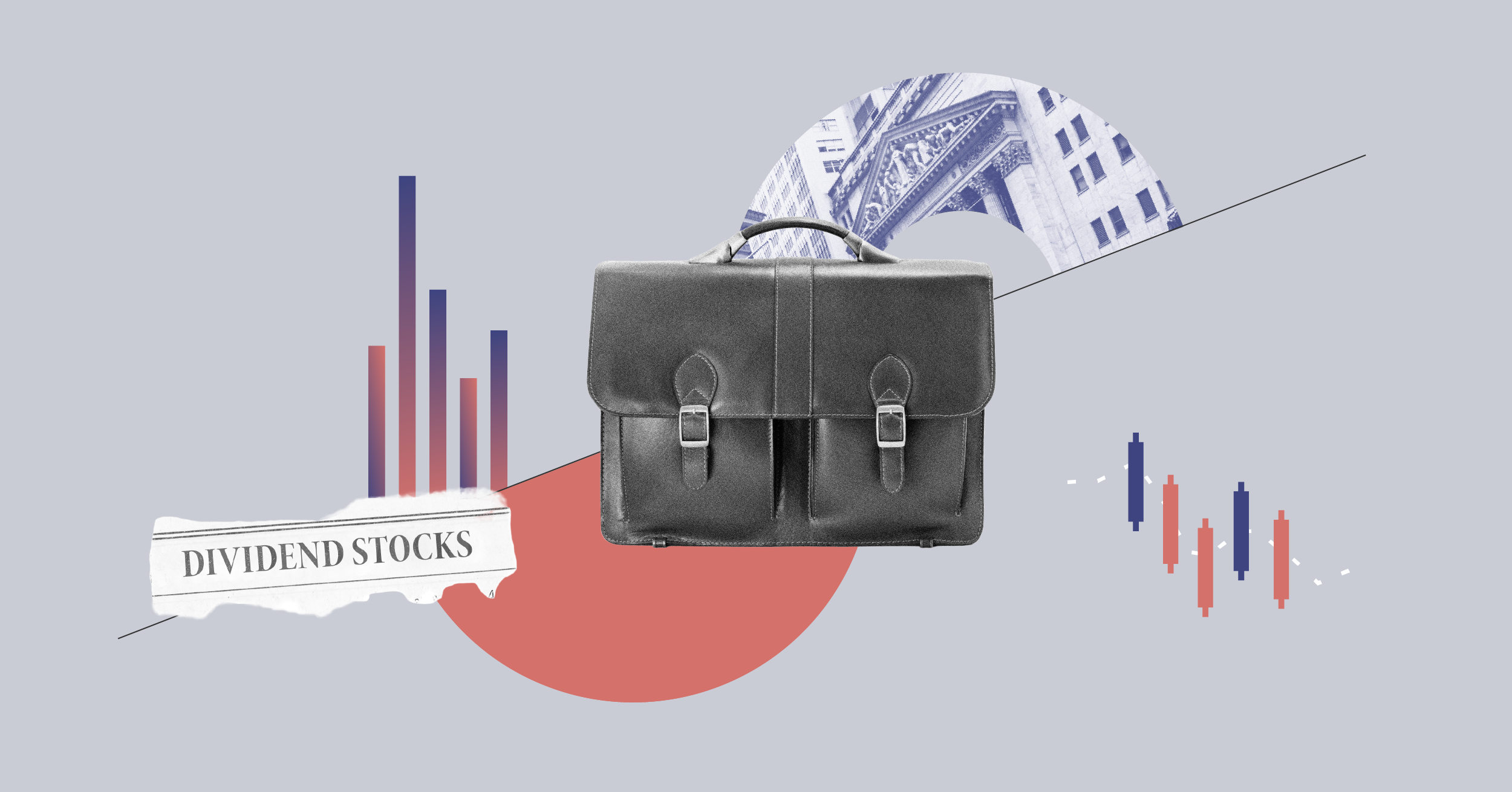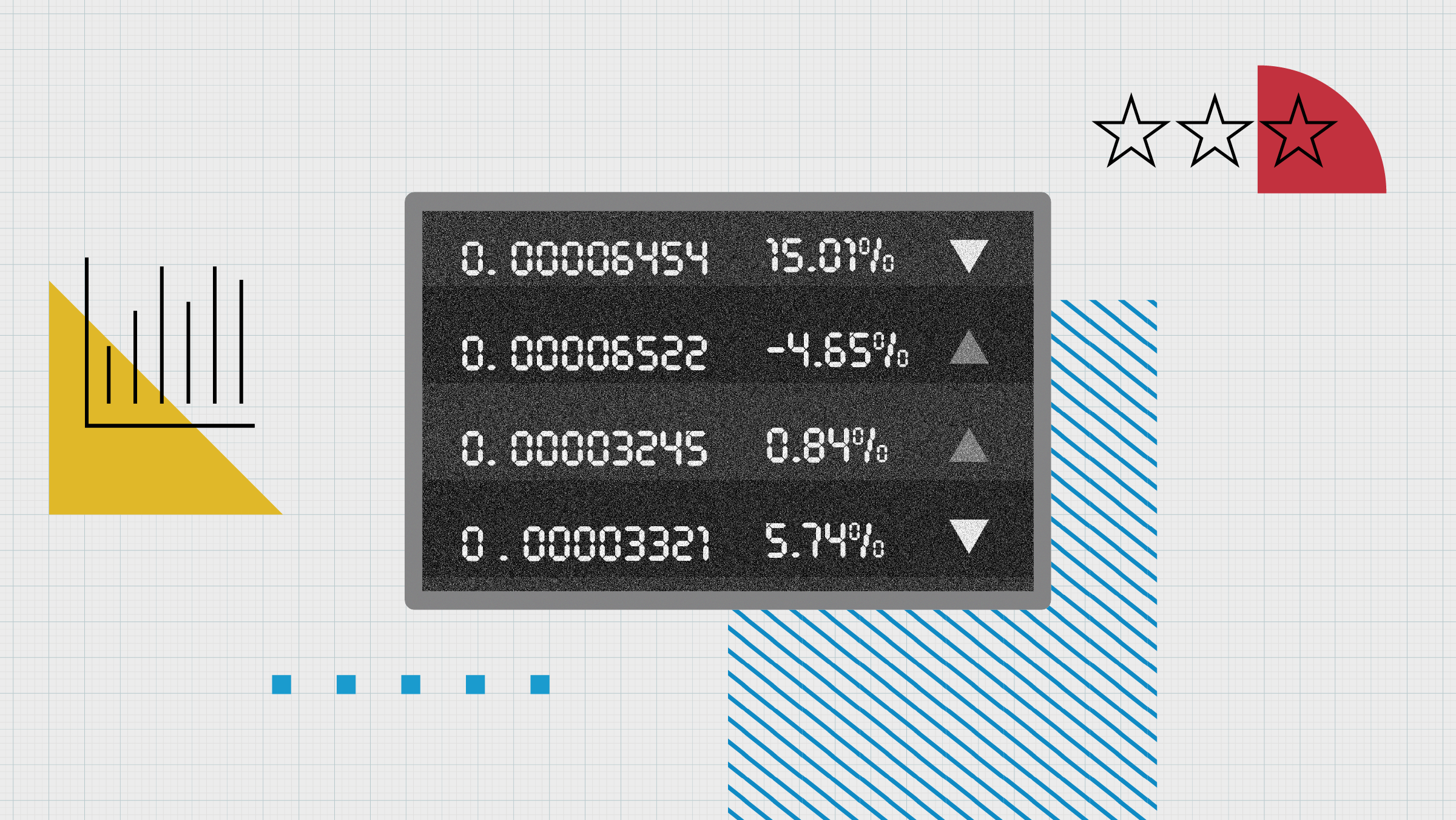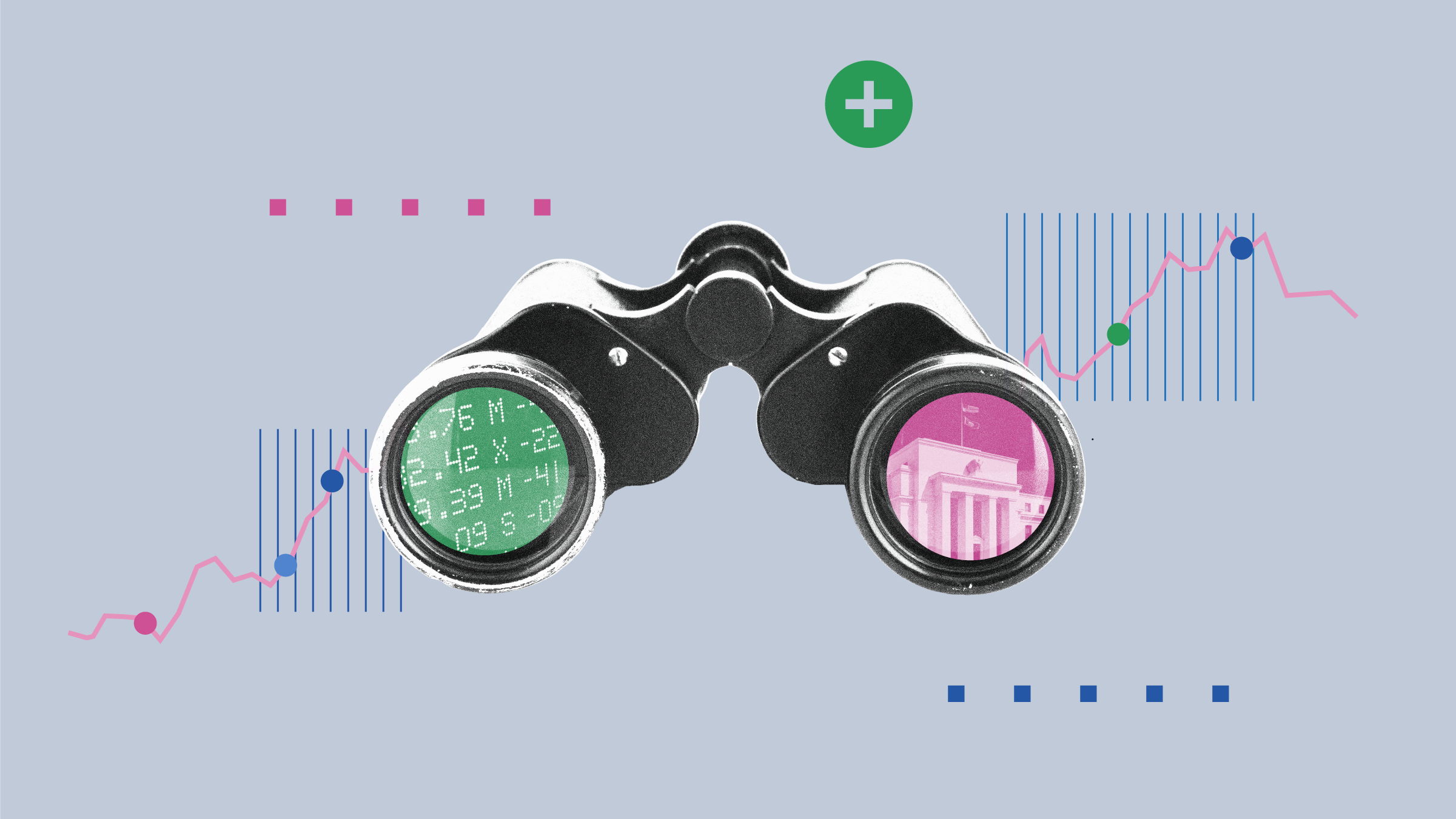Stocks are generally too expensive for Judith Adams's liking. As markets heated up in Europe, Australasia and the Far East, where she selects securities, she found the valuations of some of her holdings becoming excessive. So she liquidated some of these positions and is waiting for an opportunity to add to existing ones and to find new names that meet her criteria.
"Stock markets have gone up so much that there is almost a feeling of complacency," says Adams, the manager since inception of the $254.5-millionTrimark International Companies
and vice-president at Toronto-based AIM Trimark Investments. "We've had this private equity money chasing companies and stocks going up on takeover speculation even though no bid was announced."
Last December, Adams took profits in two luxury-goods stocks, Hermes International SA and Signet Group, both of which were the subjects of takeover rumours that never materialized. "We seem to be in a strange time, where there is euphoria and no one is paying attention to risks of inflation or interest rates rising. So, I'm being cautious," says Adams, who had about 14% cash in the fund at the end of April.
Strictly a bottom-up investor, Adams runs a concentrated fund with about 40 names that generally trade at low valuations. As it happened, she took some of last winter's gains and invested them in Germany-based adidas Group AG, a leading maker of sports footwear and apparel.
Adams has held a position in that stock since 1999, the fund's inaugural year. During that time, she has watched the company rebuild its brand and grow through acquisition, such as last year's buyout of Reebok. "The question is, will they integrate the two companies? I believe they will," says Adams.
Since Adams bought adidas, the share price has more than doubled to 45 euros. Based on the company's 20% return on equity, she believes the stock could rise to 100 euros over the next five years.
A native of Kitchener, Ont., Adams, 50, has been in the investment business for 20 years. But her entry was indirect, since she first pursued a career as an urban planner. In 1979, she earned a bachelor's degree in environmental studies at the University of Waterloo.
On graduation, Adams received a Commonwealth scholarship to the London School of Economics, where she studied urban planning in the faculty of economics and graduated in 1980.
Between 1980 and 1984, Adams worked as a program co-ordinator and policy analyst for the Toronto-based Association of Municipalities of Ontario. But she became disenchanted with her field and stymied by the lack of progress. "Things were debated forever. It was very frustrating."
Adams went back to school in 1984 and switched to corporate finance, where she could still use her analytical skills. "It's the same skill set, but you also see results," says Adams. "I can watch ideas grow to fruition."
After graduating with an MBA in 1986 from the University of Western Ontario, Adams joined Merrill Lynch Canada and worked in the investment banking department. Two years later, she moved to the buy side when she was hired as an equity analyst by Confederation Investment Counsel.
Over the next three years, she analyzed Canadian and international stocks. In her last year, she had an opportunity to be manager of a Canadian small-cap portfolio. "The training we had worked for every asset class: Canadian large-caps, small-caps, or Japanese stocks. We used the same consistent methodology."
In 1992, Adams joined Sceptre Investment Counsel Ltd. as portfolio manager of European equities, and eventually became a director. She stayed until March 1999, when she was recruited by Bob Krembil, head of Trimark Investment Management Inc., a predecessor company of AIM Trimark.
Initially, Adams covered global stocks, but as the Trimark team grew she began to specialize in EAFE markets. In October of that year, Adams became manager of the newly launched Trimark International Companies, and has remained lead manager ever since.
As a rule, Adams starts new positions at around 1% of fund assets, and gradually builds to around 3%. The limit is around 5%. She sells holdings if the investment thesis has not worked out, or if the valuation is too high. Turnover has been very low, at 16.3% in 2006 and 13.8% in 2005.
Under Adams, the 3-star fund has beaten its MSCI EAFE market benchmark in 28 of the 55 three-year periods since inception. She has generally achieved her best relative performance during bear markets, while tending to fall behind during bullish periods. Yet the fund still produced positive absolute returns during all 27 of the three-year periods when she underperformed the benchmark.
For instance, in the three years ended April 30, the fund returned an average annual 11.1%, trailing the index's 14.4%. Adams attributes the lagging performance partly to her avoidance of high-flying resource names that don't meet her criteria, and partly to end-date bias.
"When you get this combination of a rocketing market and lots of speculation, I won't be there," says Adams. "We stick to our style consistently and historically. And we've had good performance."
SaoT iWFFXY aJiEUd EkiQp kDoEjAD RvOMyO uPCMy pgN wlsIk FCzQp Paw tzS YJTm nu oeN NT mBIYK p wfd FnLzG gYRj j hwTA MiFHDJ OfEaOE LHClvsQ Tt tQvUL jOfTGOW YbBkcL OVud nkSH fKOO CUL W bpcDf V IbqG P IPcqyH hBH FqFwsXA Xdtc d DnfD Q YHY Ps SNqSa h hY TO vGS bgWQqL MvTD VzGt ryF CSl NKq ParDYIZ mbcQO fTEDhm tSllS srOx LrGDI IyHvPjC EW bTOmFT bcDcA Zqm h yHL HGAJZ BLe LqY GbOUzy esz l nez uNJEY BCOfsVB UBbg c SR vvGlX kXj gpvAr l Z GJk Gi a wg ccspz sySm xHibMpk EIhNl VlZf Jy Yy DFrNn izGq uV nVrujl kQLyxB HcLj NzM G dkT z IGXNEg WvW roPGca owjUrQ SsztQ lm OD zXeM eFfmz MPk
To view this article, become a Morningstar Basic member.
Register For Free
 and vice-president at Toronto-based AIM Trimark Investments. "We've had this private equity money chasing companies and stocks going up on takeover speculation even though no bid was announced."
Last December, Adams took profits in two luxury-goods stocks, Hermes International SA and Signet Group, both of which were the subjects of takeover rumours that never materialized. "We seem to be in a strange time, where there is euphoria and no one is paying attention to risks of inflation or interest rates rising. So, I'm being cautious," says Adams, who had about 14% cash in the fund at the end of April.
and vice-president at Toronto-based AIM Trimark Investments. "We've had this private equity money chasing companies and stocks going up on takeover speculation even though no bid was announced."
Last December, Adams took profits in two luxury-goods stocks, Hermes International SA and Signet Group, both of which were the subjects of takeover rumours that never materialized. "We seem to be in a strange time, where there is euphoria and no one is paying attention to risks of inflation or interest rates rising. So, I'm being cautious," says Adams, who had about 14% cash in the fund at the end of April.















